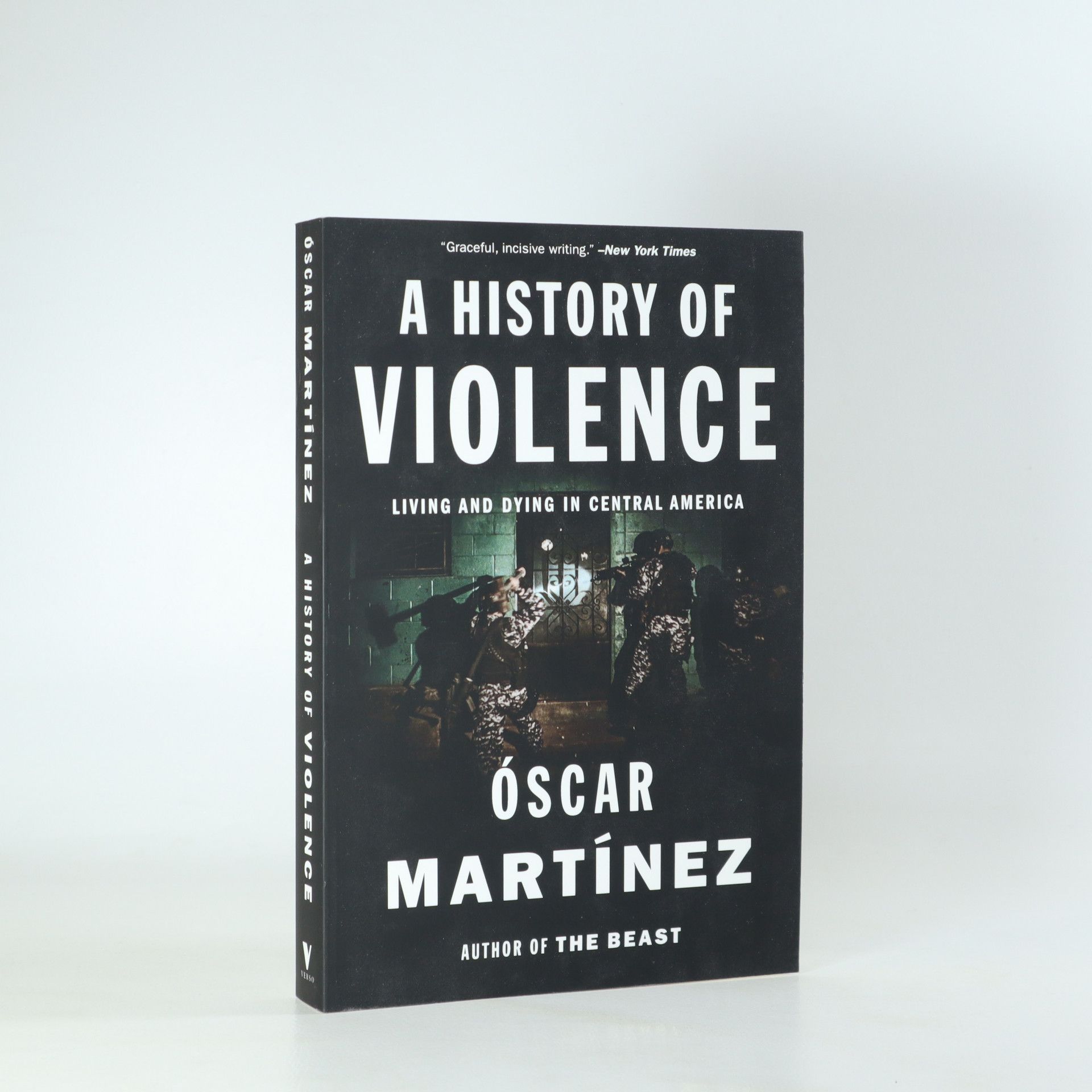Bestie : na migrantech nesejde
- 328 stránek
- 12 hodin čtení
Když nemáte na výběr, musíte zkusit i nemožné – dostat se přes Mexiko do Spojených států. Třeba budete mít štěstí a cestou vás jen okradou, ale nezabijí. Nebo neznásilní. Doma není na co čekat.Salvadorský novinář Óscar Martínez podnikl beznadějnou cestu mezi středoamerickými státy a USA několikrát. Bavil se s migranty i těmi, kdo jim pomáhají, nebo strážci zdi na hranicích. Potkával především strach: ten vyhnal lidi z jejich domovů. Strach z výpalného, strach z drogových kartelů, strach z bezvýchodné situace. A tak obyvatelé Guatemaly, Hondurasu nebo Salvadoru vyrazí pěšky pouští, a pokud se jim to podaří, naskočí na slavnou Bestii. Vlak, kde balancujete dnem a nocí na střeše a kromě pádu riskujete přepadení. Jenže tohle nebezpečí číhá všude, žádná cesta není bezpečná, protože kromě migrantů zajímá také pašeráky drog. Násilí nikoho nepřekvapuje, o pár vraždách se ani nepíše v novinách. Na migrantech přece nesejde.





